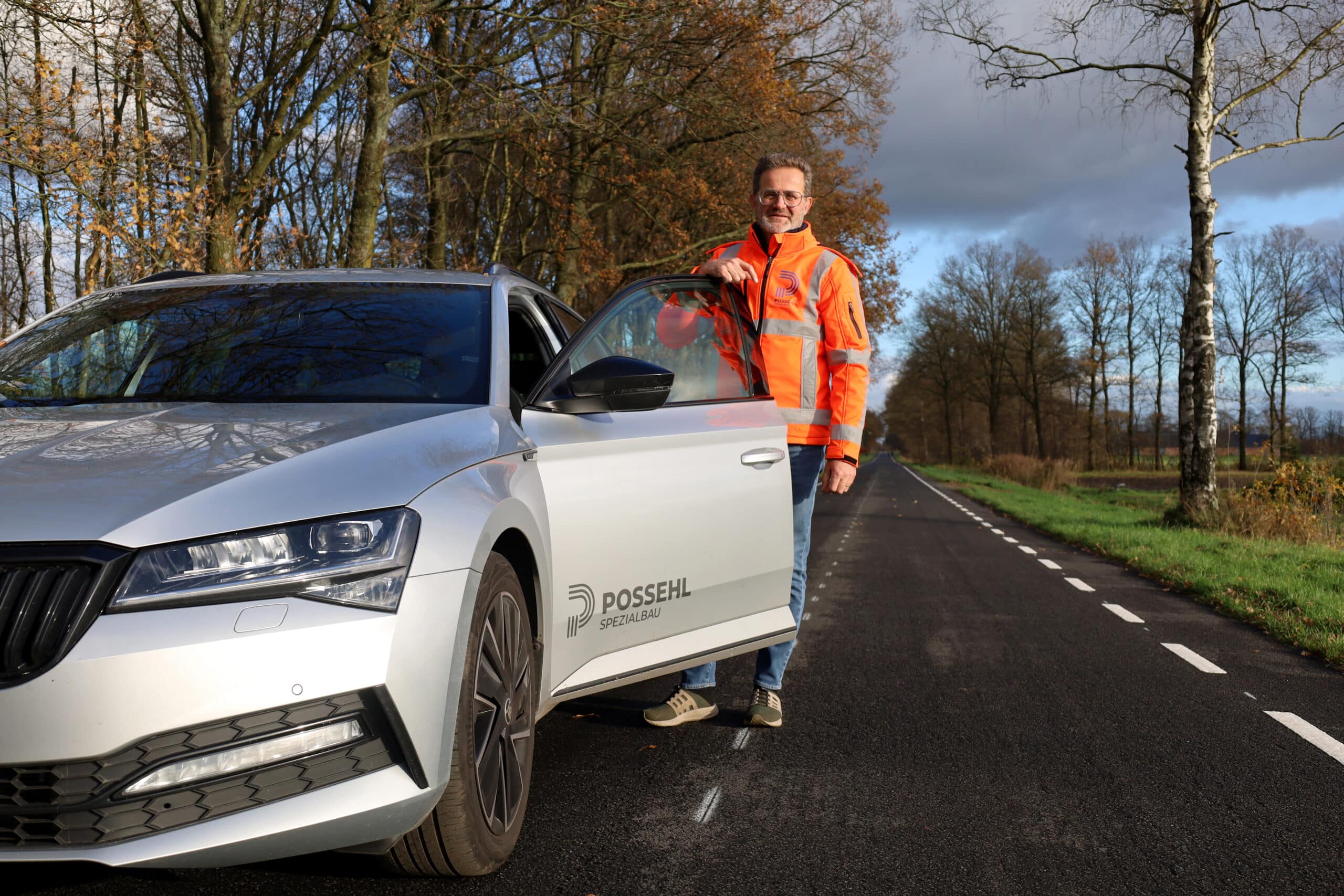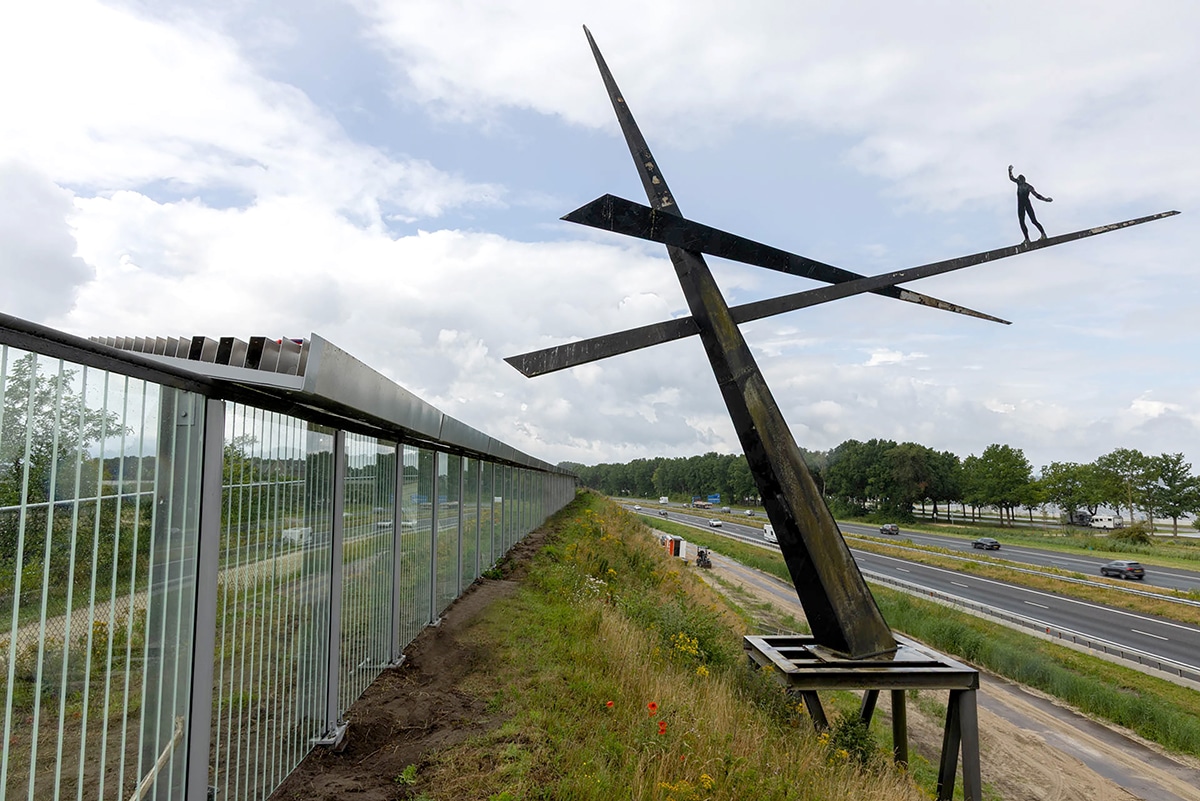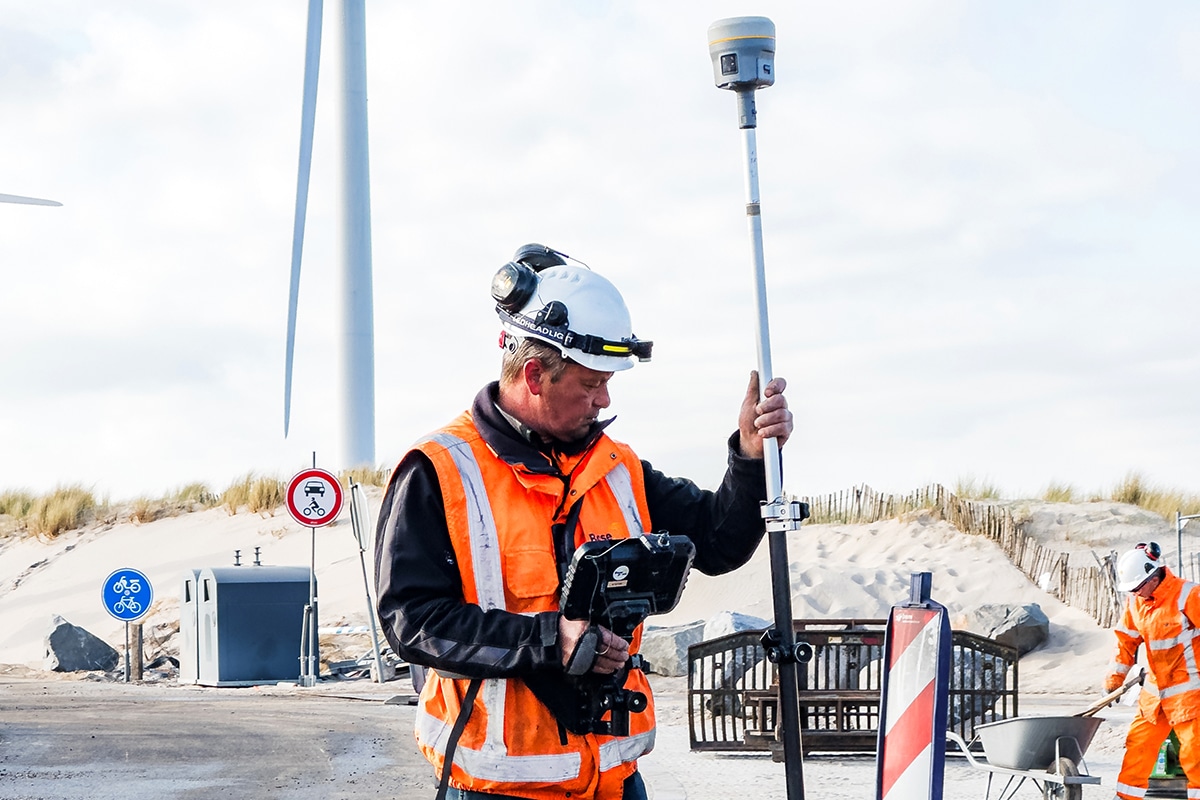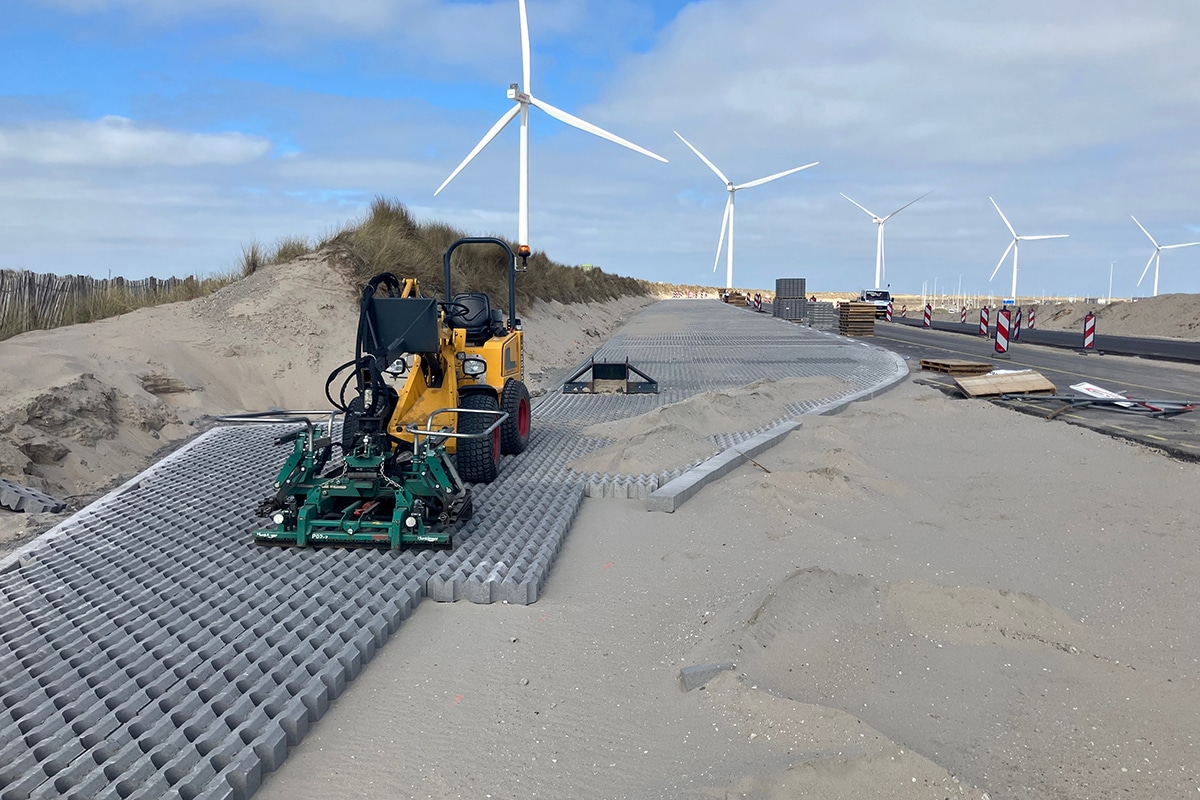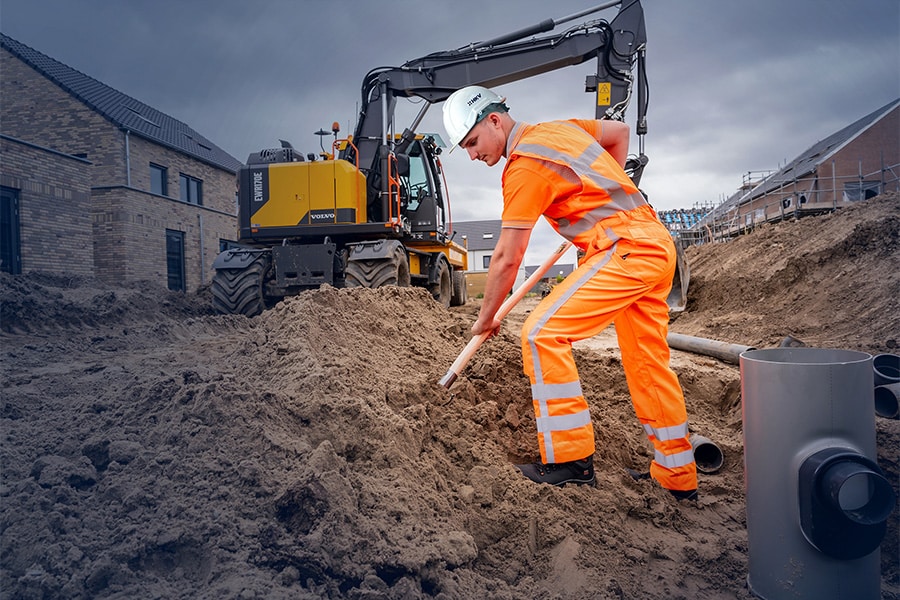
Sustainability in materials and process
More and more aspects of road construction are becoming sustainable and even circular. That this goes very far is proven by corporate clothing specialist HKV, which supplies various products made from recycled materials. This goes beyond just clothing, explains senior account manager Joost van Welie.
More and more products are made entirely or partially from recycled materials. HKV is at the forefront of this trend and takes advantage of the latest developments. Joost: "We actively point out our sustainable options to our customers. Take, for example, our t-shirts from the RWS clothing line of organic cotton combined with recycled polyester. The collection includes t-shirt, polo, sweater to work pants and softshell jacket in both women's and men's sizes."
"When putting together our assortment, we make conscious choices for the most sustainable and safe raw materials and processes. In addition, we work with our suppliers to understand the textile chain and better working conditions in the factories."
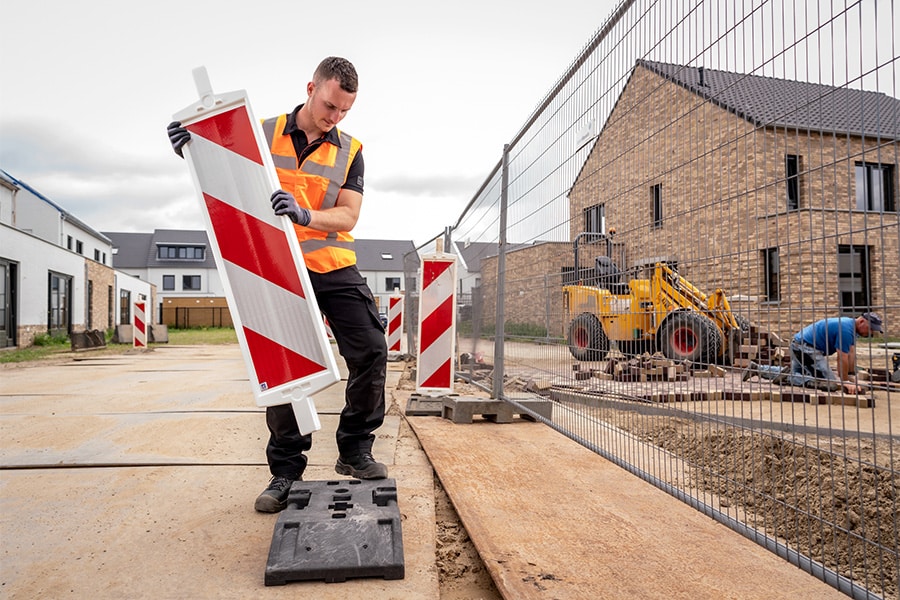
Reuse
HKV goes a step further, says van Joost: "It is important that the clothing we supply is returned to us at the end of its useful life and serves as a raw material for new products. The possibility of reuse is already taken into account in the design phase of the clothing. We collect these clothes from our customers."
Each garment has a label indicating the materials used and relevant certifications (ISO 20471, UV protection). The Oekotex 100 certificate, for example, indicates that no harmful chemicals were used in production. Yarns made of recycled polyester are made from PET bottles and have a reduced environmental impact. That is why this material has a Global Recycling Standard certification attached to it.
The longer a garment lasts, the lower its impact on the environment. Polygiene Service Fresh technology represents materials that can be worn more often before the clothing starts to smell. Less washing also represents environmental gains. Moreover, the material can be washed up to 50 times without losing standardization.
Rice fleece road signs
Of course, it's not just about the environment. Joost: "We obviously ensure optimal quality and wearing comfort. We work more with stretch fabrics and printed instead of stitched striping. That stretches more finely, breathes better and offers a better fit."
HKV also supplies traffic cones (Class 3 with reflection) and guide beacon made from recycled plastics. Rice fleece traffic signs also provide significant environmental benefits; the base material is waste from rice production that does not need to be heated. They last longer and are resistant to moisture, rot and mold. The retro-reflective film is printed with solvent-free ink.
